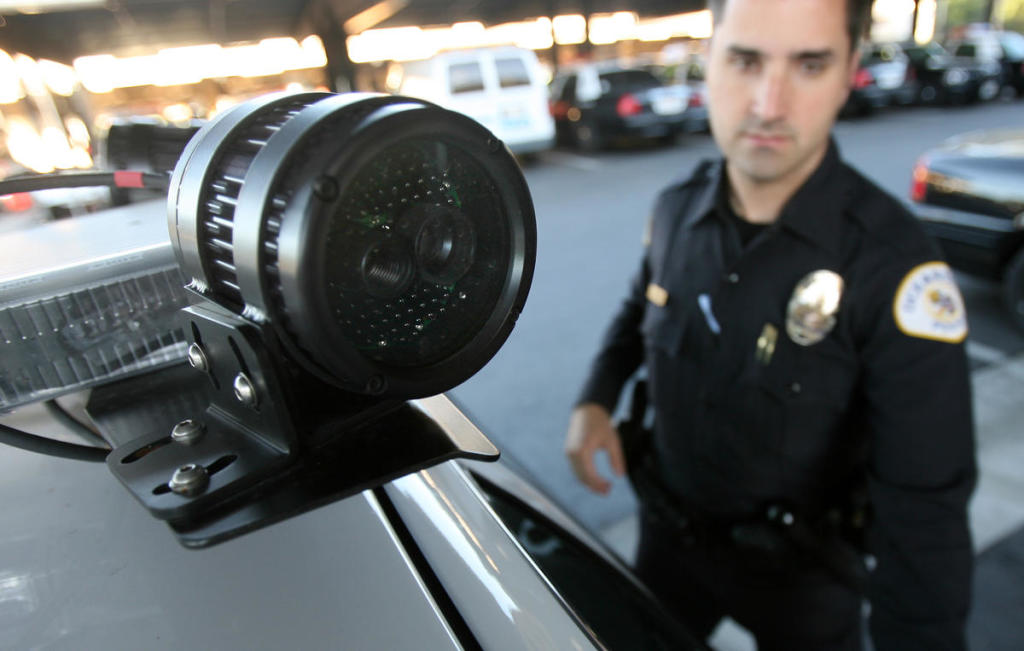 Tenth Circuit by Judge Neil Gorsuch is always known for his strong opinions. He recently let the increasingly militarized and Constitution-ignoring police have it in the ruling on United States v. Denson, which addresses the use a Doppler radar device to determine if residents are present within a home to be searched or raided.
Tenth Circuit by Judge Neil Gorsuch is always known for his strong opinions. He recently let the increasingly militarized and Constitution-ignoring police have it in the ruling on United States v. Denson, which addresses the use a Doppler radar device to determine if residents are present within a home to be searched or raided.
The case involved a home entry and arrest of a suspect.
Judge Gorsuch notes the importance of Fourth Amendment Constitutional issues that are raised by use of a “Doppler radar device capable of detecting from outside the home the presence of human breathing and movement within.”
Orin Kerr of the Washington Post notes that on page 9 of the opinion, Gorsuch poses the question:
If the government has the burden of proving reasonable suspicion, should the court treat the absence of information in the record on this point as not changing its otherwise-reached view that there is reasonable suspicion (as it does), or should that be treated as a potentially serious deficiency in getting to reasonable suspicion that the government has to overcome? I’m not sure of the answer. We don’t normally encounter this question because we normally understand the uses and limits of investigatory tools. If the officer looked through the window and didn’t see any other people, for example, we could intuitively factor that into the reasonable suspicion inquiry without having to think about burdens of proof. I’m less sure what we’re supposed to do when the government use a suspicion-testing technological device with unknown capabilities.”
Read more on Kerr’s review of the case here, and read the opinion from Judge Gorsuch in United States v. Denson for a full assessment of the case and the use of this technology as it applies to our Constitutional rights.

